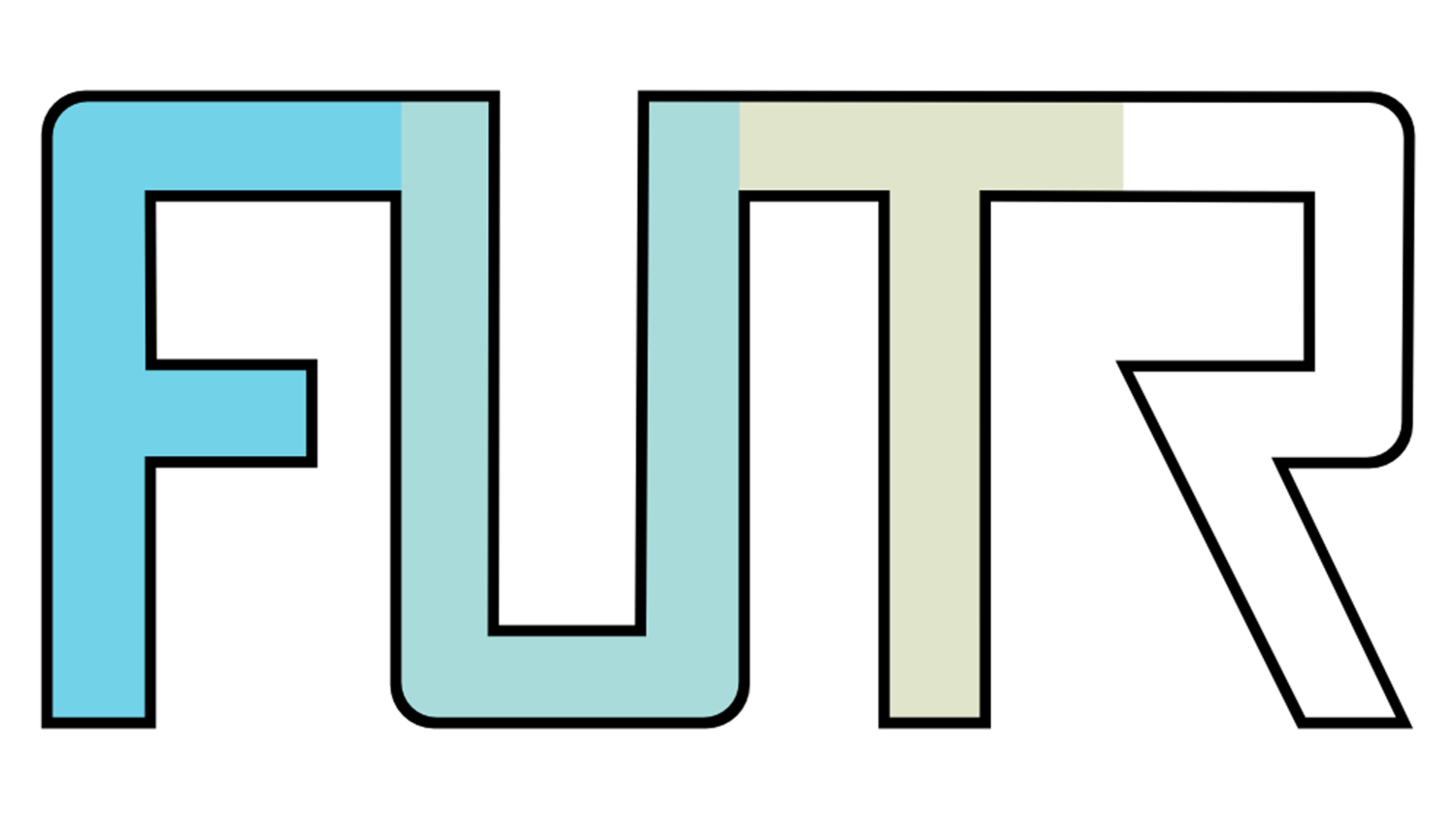On The Power Of Editing
This morning, I had a conversation with a friend of mine who produces music scores for TV and Movies. He was lamenting how the industry has declined because people have turned to free or low cost alternatives produced by amateurs or professionals with limited experience.
Part of this is due to the accessibility of modern tools that are less expensive, time consuming and provide greater levels of automation. Additionally, expectations of quality have changed. In the past, people listened on music on high-end stereos, where now lower resolution music is consumed through your cell phone on relatively inexpensive earbuds.
My wife is, or I should say was, a professional photographer. I say was, because with the rise of inexpensive, high quality camera options, most of the business has dried up. It is not because people have suddenly developed a great eye and are taking great photos. It is because they can take photos in high volume and pick the few that are good.
In the past you had a roll of film in your camera that was good for 24 or 36 exposures and then you had to process that film and print it to see your results. This was a time consuming and expensive process. Now everything is digital and we have cameras on our phones that leverage computational photography to produce optimized results. But it isn’t the technology necessarily that has improved everyone’s photos.
The biggest improvement was in the amount of photos that could be taken. While in the past, you could take tens of photos, now you can take thousands. Even a terrible photographer can get lucky and take one good shot out of a thousand. The benefit comes in the editing and curation, rather than the skill of the photographer.
This site is all about technology, so what does any of this have to do with anything? I see this as analogous to the shift from Waterfall to Agile methodologies. Both of these approaches can produce very good results. The difference is that with Waterfall, you have to have very talented people who have a clear understanding of the vision, and great skill to execute to produce a superior product. The challenge is that it is time consuming and single threaded, if you miss the mark, you have consumed a lot of resources in the process. In the end the risk is greater.
With Agile, the development effort is very prolific. Ideas are generated and rapidly tested in the real world. Things that don’t work are rapidly discarded and new ideas generated quickly without committing vast resources to the effort. There is more editing and curation in the effort, and I think this is where the greatest benefit lies.
At the end of the day, options and editing wins over skill and experience. That is not to say that skill and experience has no place, it is just that volume will benefit both the highly skilled and the less skilled. Because of this, you can utilize a greater diversity of resources with better results and lower risk.
So what does all of this mean? I recently heard a music producer discussing his evolving job. He said that he doesn’t sell his ability to use the tools, adjust the mics, operate the recording software, etc. What he ultimately sells is his taste. There are always lots of people who can operate the gear, maybe even better than you can. Taste is something that is a distinct differentiating factor for you that can’t easily be substituted or automated away.
I think we all need to bring that “taste” factor to what we do, be prolific, but ready to abandon avenues that don’t produce results; fail fast. By being better editors, we make better things, and make ourselves more relevant.







